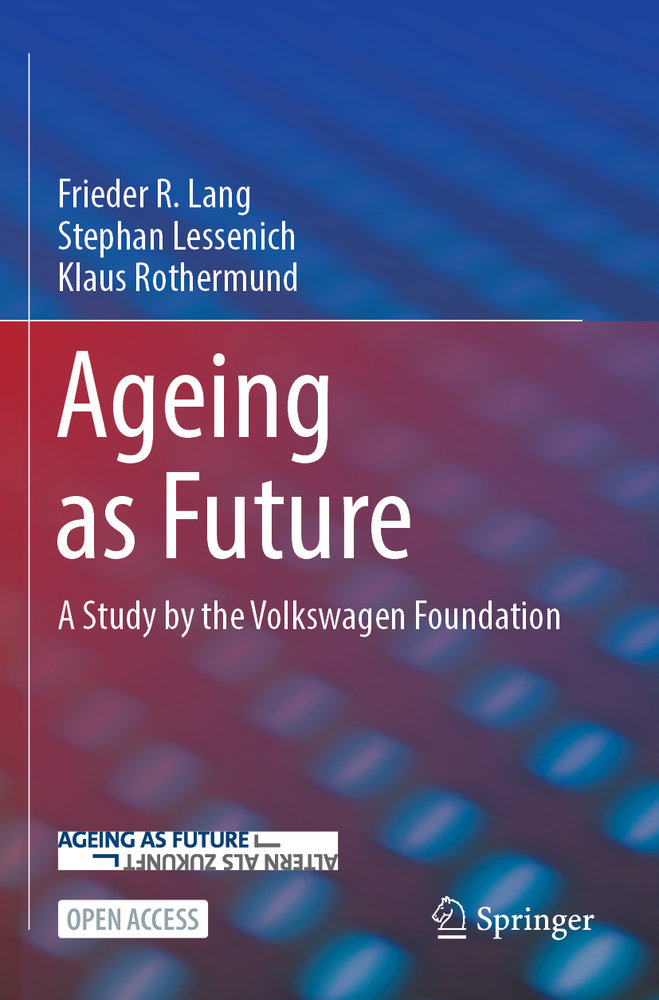Contemporary societies are aging - but what does that mean? Is this something bad? And can societies age as a whole? By bringing together psychological, gerontological, and sociological findings, this open access book opens up a hitherto unique, multifaceted, and realistic view of the phenomenon of old age and the process of aging.
The volume is based on the results of the project "Ageing as Future", a long-term project network (2007-2021) involving a total of more than 30 scientists worldwide. The focus of the project was threefold: A first issue was concerned with how views on aging influence development in old age; secondly, the project analyzed determinants and consequences of provision for old age; and thirdly, it investigated the different ways in which aging is shaped by managing time in old age.
For more than a decade, the authors conducted quantitative and qualitative studies, involving large samples from three different continents. The results show that one-sided views of old age - whether negative stereotypes or positive exaggerations - do not do justice to the complexity of the experience of aging. Based on these results, the authors plead for individual and societal acceptance of the social fact of aging - and for the right to live an autonomous and dignified life in old age just as in other phases of life.
Ageing as Future: A study by the Volkswagen Foundation presents findings from a unique large international study that are of interest to aging researchers around the world: academically, socio-politically, practically, and personally. Whether old or young, the book encourages one to question one's own views of aging. When reading this book, it becomes obvious that old age is a highly diverse experience, depending on a host of societal and individual factors.


